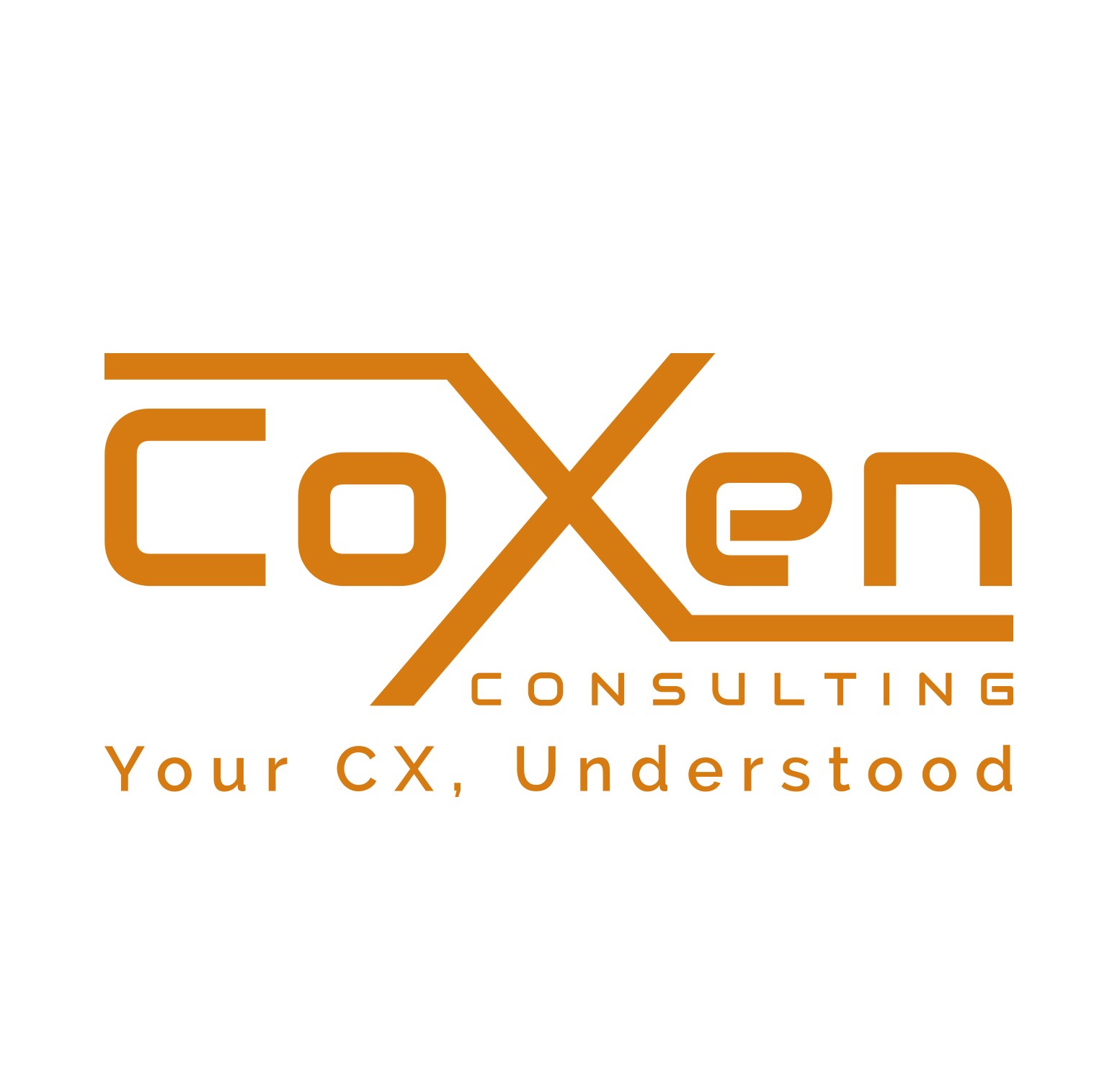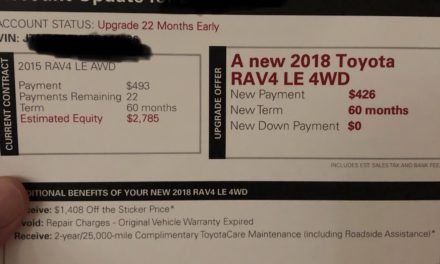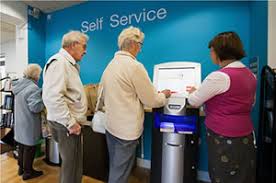Listen, really listen
You ask the two agents behind the hotel desk, “Can I please have a late checkout?” Agent 1 doesn’t look up from the computer, points to the back wall at the sign that says, “Check-out time is 11 am”. Agent 2 warmly makes eye contact, kindly asks for name and room number, quickly checks the computer and then gratefully replies, “Mr. Smith, thank you for your loyalty and for being a premium member! We’d be happy to extend you a late check-out of 3 pm”. Are your employees giving consistent and uniform service? Are your most loyal customers getting the focus they have earned?
Here are a few simple reminders that can make a huge difference in a situation like this:
Eye contact: Starting with eye contact answers so many questions for your customers and puts them in a comfortable spot right off the bat. Am I being listened to? Am I important to them? Are they really trying to help me? Eye contact from the start with these simple questions, not even a concern puts the customer in a much better spot to receive the information your employee needs to give them regarding their questions. It’s increasingly important that your employee used eye contact to get off on a good foot when they later have to share news the customer might not like.
Slow down: It is rare that any two situations are exactly alike, despite what the maker of the “Check-out time is 11 am” sign had in mind. Slow down, ask a few warm, welcoming questions of your own to clarify why the customer might need a late check-out. When customers see us slow down and give more thought to their situation, it puts them in a better frame of mind. When we then return with a “yes” answer they know we are working for them. When we have to return with a “no” they know we tried our very best and didn’t give up without advocating for them.
Use your resources: The checkout sign behind the desk is clearly not the best or the only resource at this employee’s disposal; if it was, the employer might find no need for this employee. When this employee calls the head of housekeeping, checks to see how full the hotel is going to be that night, remembers a big concert in town, and so on, he shows the customer he knows how to check under every rock to see if the customer can reasonably get what they are asking for. They become a team, not one against the other.
Know your customer: If the answer to a question is going to be different for the person that stays at your hotel one night every 5 years, and the super platinum road warrior consultant that has stayed with you 4 nights a week for the last 10 years, you dang well better know which one is which. Answering any question for any customer when you haven’t put forth the effort to make sure you really know who you are answering is dangerous at best. Knowing your customer is about the most validating thing you can do. When your employees gush over your loyal customers in front of other customers, they notice! And are more likely to feel an instant respect for you because you value someone like them and they want to earn more respect from you too.







What is being talked about…